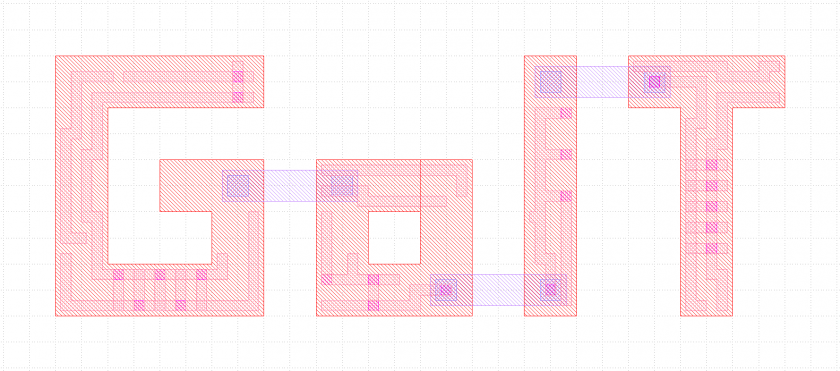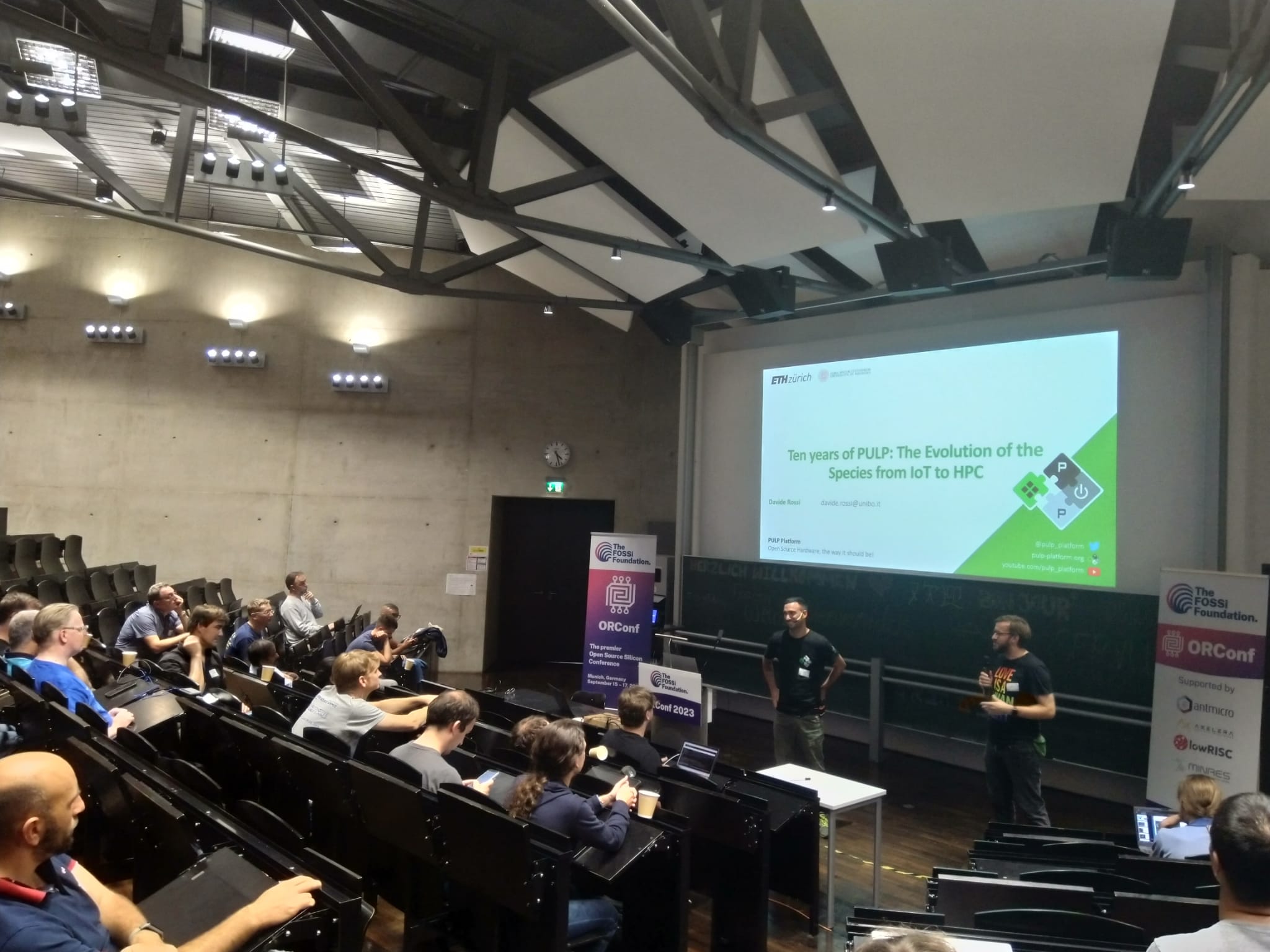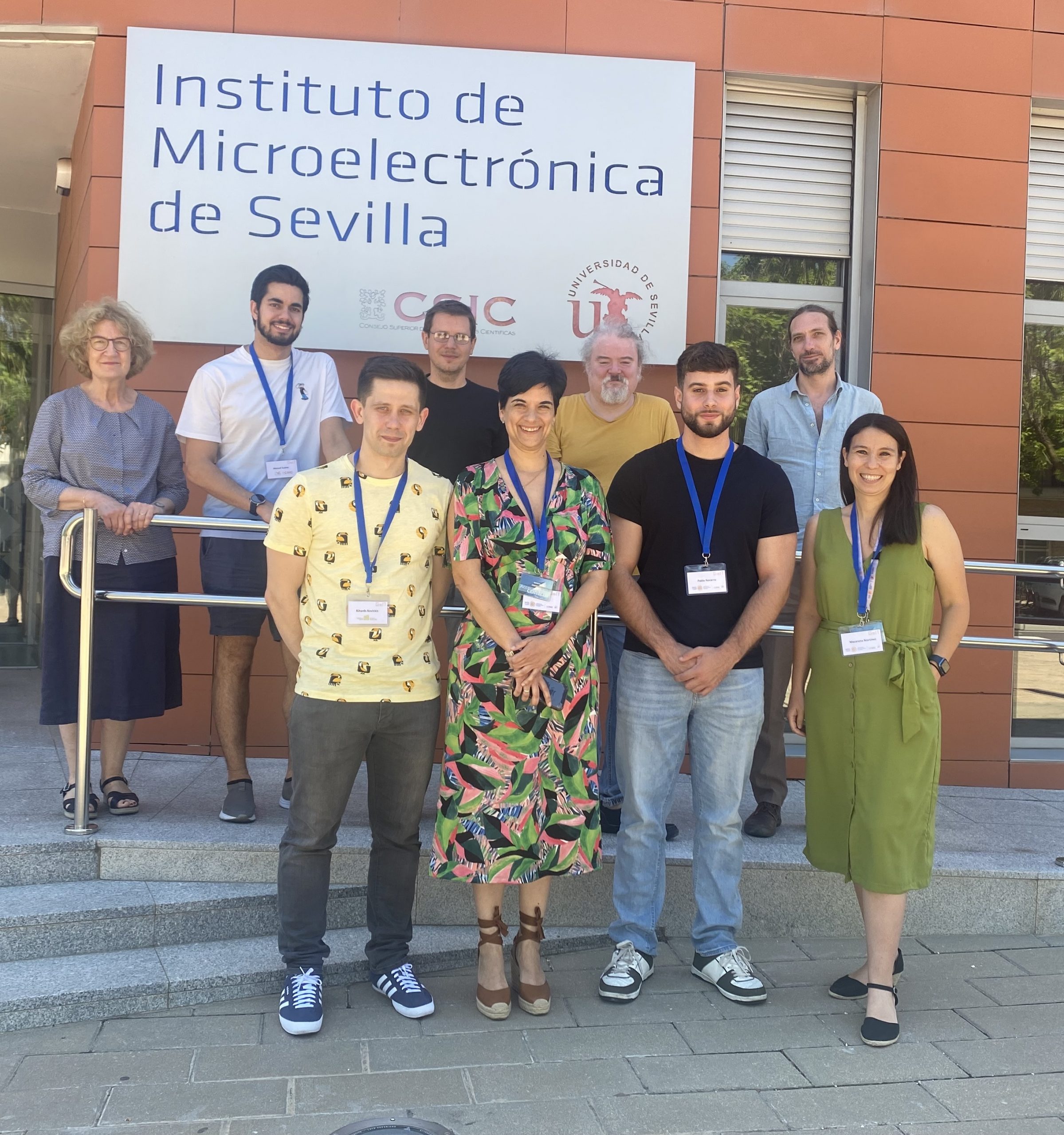
Short summary
Europe’s IT hardware development is constantly challenged by outrageously expensive development tools, legal constraints like NDAs or patents, lock-in threats, dependency from external vendors or supply chains and foreign political events. Europe’s digital infrastructure (from consumer to critical appliances) is heavily relying on foreign closed-source chips which are literally black-boxes which may (and have been proven to) contain malicious features. This situation makes the hardware development expensive and inefficient, and undermines the very principles of sovereignty, resilience and re-usability. Open-source silicon chips, which are open in their entirety, i.e. down to the physical layout, carry the potential of catapulting Europe into a renaissance of digital technology. Several challenges are on the way, many of which will require the participation of the stakeholders (from the fertile ground made of “nerdy” hobbyists and makers who are the early protagonists of the scene, all the way up to large enterprises), as well as the participation of policymakers and regulatory bodies. The road ahead is steep, but rich of rewards. Therefore we loudly say: Go IT!
Objectives and tasks
Project strives to reach all relevant key players and stakeholders, to identify all possible obstacles to open-source hardware development, formulate solutions, and feedback inputs to those with the power of influence (policy makers, managers, etc.), therefore supporting them to coordinate the evolution of open-source in Europe. Further, we will coordinate and support the community of programmers and developers directly, by continuing to organize get-together events (like the Free Silicon Conference), by overcoming critical obstacles (like the availability and compatibility of PDKs and design tools), and by creating the prerequisites to grow in a sustainable manner (re-usability, licences, etc). In all these activities, dissemination and advertisement on different levels will play a crucial role.
Tasks to be performed by EDI
EDI as the project’s coordinator is responsible for achieving all project objectives. Nonetheless, the EDI team is more directly involved in establishing a community hub (repository) for open-source chip designs. This hub incorporates a range of abstractions (RTL and physical layout), means of verification, and code reusability.
For more information of the GOIT project, please contact Dr. Rihards Novickis.



